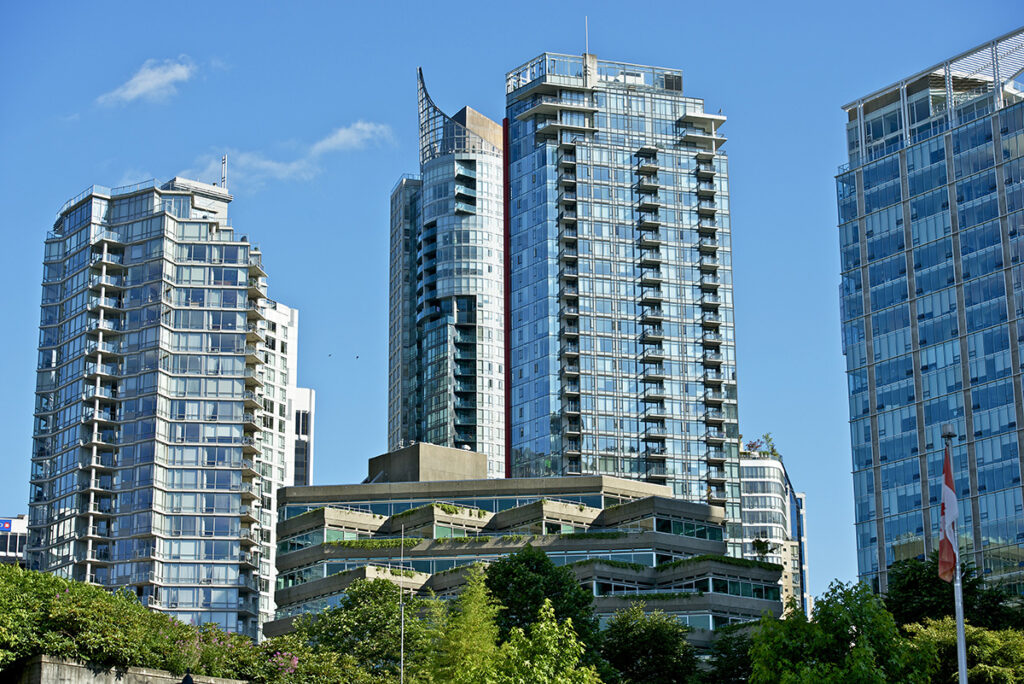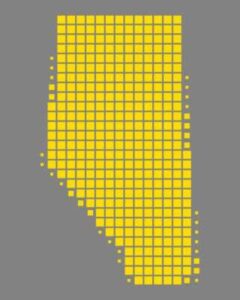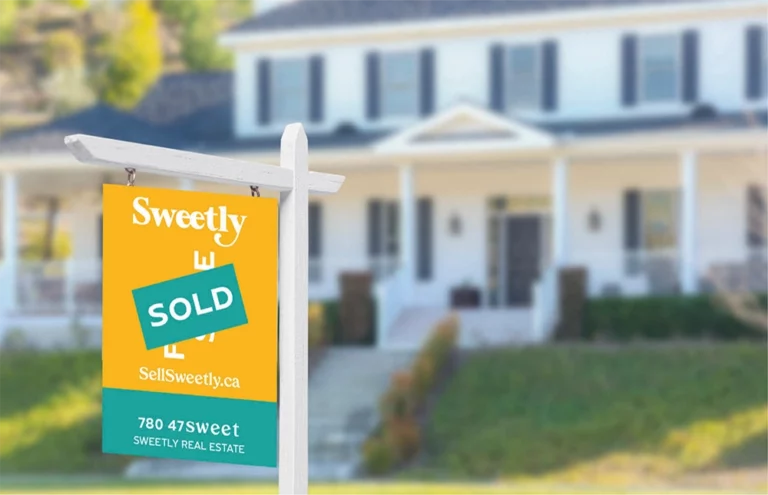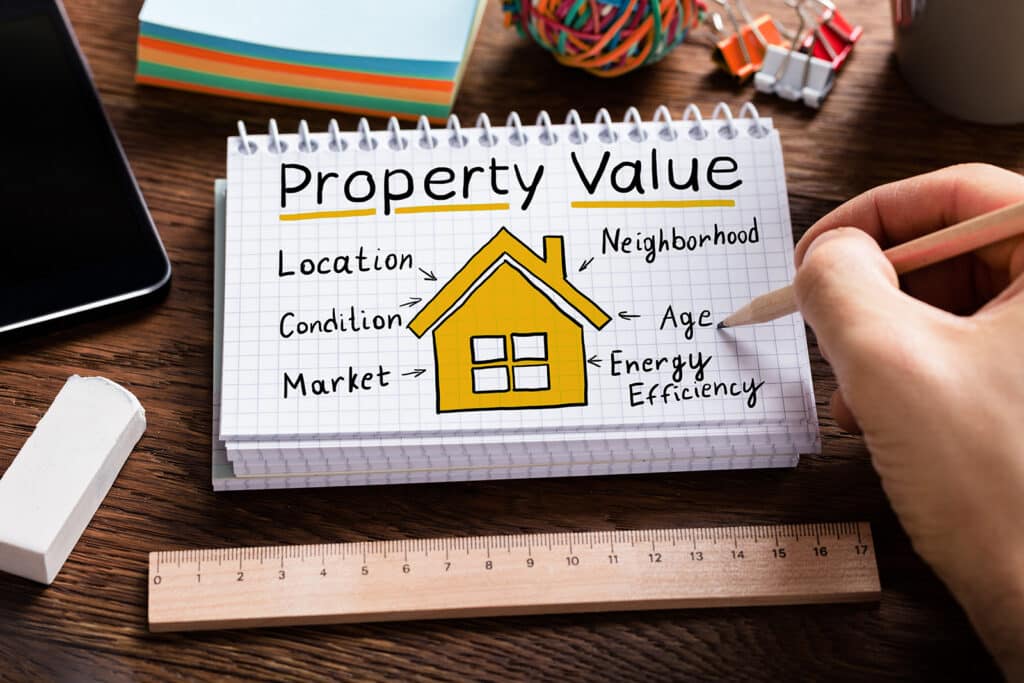There are many things to consider when considering whether to purchase a home or live the condo lifestyle. The difference in expenses between a condo and a home is one of the largest questions that a future homeowner needs to calculate before deciding what is right for them. While both houses and condos require maintenance fees, the method you pay can be quite different.
With a condo, you can run into unexpected fees if there is a special assessment, but typically the expenses are paid on a more consistent monthly schedule. While with home ownership, unexpected costs are more likely to crop up in an emergency situation.
Let’s take a look at what might be included in your average condo fees.
Condo Fees – Breakdown

Your condo fees may include common expenses such as gas, electricity, cable, internet, amenities, and maintenance fees.
How is it calculated?
Most often, the monthly condo fee is calculated based on the unit’s square footage. This means that a larger unit will typically pay more per month; although, this is not always the case as some condos are outfitted with private meters to measure individual costs. When comparing a house to a condo, your consumables will likely be lower in a condo as the unit size is typically smaller with more efficient heating.
How does it break down?
Your condo fees can be broken down into 6 categories that will usually broadly make up a similar percentage of total costs.
Note: If your Utilities are paid individually, then each other cost in this list will be higher.
- Utilities – This is usually the most significant cost and if it is included in the common expenses will be roughly 1/3 of your total monthly condo fees.
- Amenities – If your condo has any amenities, these costs will usually represent about 1/4 of the total costs. This includes common outdoor areas, fitness, spa, gym, party rooms, cinema, pools, hot tubs, and ball courts.
- Reserve Fund – A well-run condo corporation should be contributing ~1/5th of its incoming money to a reserve fund. This prevents condo owners from receiving special assessments if the building requires more money for an emergency or planned repair.
- Monthly Maintenance Fees and Service Contracts – Roughly 1/6th of condo fees should go towards contracts dedicated to the upkeep and maintenance of the building. This includes the cleaning staff, property management company, window cleaning, lawn mowing, snow shovelling, HVAC maintenance, pest control, and elevator repair.
- Condo Insurance and Admin Fees – 1-5% of condo fees will typically go towards insurance payments and administration fees.
- Staff – This is highly variable but will also be in the 1-5% range and depends on what the personnel requirement of your building is. This might include security, a door person, full-time cleaning staff, fitness instructors, or property managers.
This list is not exhaustive, and each condo corp will have a very individualized set of fees. The one thing you should always check in the condo docs is the size/health of the reserve fund. A condo building that is poorly run or hit with a series of unexpected expenses can end up being very costly in the long run.
What is a Special Assessment?
If a condo board does not budget properly and the reserve fund runs dry, then all owners within the building may be levied a special assessment. Often this is discussed in condo meetings before being sent out, which is why it is essential to review the condo documents before purchasing a condo.
A special assessment can be for anything that the condo approves. Often this is for emergency or necessary repairs, but with approval, it can also be for luxury improvements such as a swimming pool or spa (although it is unlikely that a condo board with no reserve fund would vote for such amenities).
Home Ownership Costs – Breakdown

Many of the costs of condo ownership also exist in home ownership. Your utilities may be slightly higher due to a larger footprint and individualized services. You can expect to pay a little bit more for electricity and gas.
Pro Tip: When purchasing a house, it is a good idea to request to view the utility bills to ensure that the house is adequately insulated and you don’t get hit with an astronomical heating bill come November 1st.
The 1% Rule
When you own a home, a good rule is to set aside 1% of the value of your home for repairs. If your home is worth $600,000, you should set aside $6,000 per year for repairs. While this is a good starting point, if you buy a fixer-upper, you may need to spend more on fixes.
Common House Expenses
- Leaky Roof – Depending on the severity, you may need to purchase an entirely new roof. Simple repairs can cost $500, while an entirely new roof may set you back $10,000+.
- Broken Windows- In a Canadian winter, a broken window must be dealt with quickly. A new window can cost upwards of $500 for purchase and installation.
- A Burst Pipe- While home insurance may cover the cost of a burst pipe, if you need to foot the bill yourself, you will need to pay for the repair and the cleanup. The repair may be cheaper, but depending on the severity, you may need new floors or mould removal.
- Yard Maintenance and Snow Removal- Many homeowners take care of both of these themselves. If you want someone else to take care of this job for you, then you should add it to your projected expenses.
- Pest Control- It’s best to nip anything pest related in the bud. Pest’s can cost money to remove but also might cause significant damage to your property.
- Appliances- Unless you have a Frigidaire from 1956, it’s likely that at some point your appliances will start to fail you.
- Water Heater- Even with proper maintenance, the life span of a water heater is 10-15 years. Replacing yours will cost between 1000 and 3000 dollars.
- Furnace- Cleaning your furnace is a reoccurring expense, but you might also have to deal with a complete failure. A new furnace is wildly variable, so you will have to look at what you currently have installed to get a better estimate. Typically, this will set you back over $3,000.
- Paint- If the exterior of your house is painted, you should refresh it every 5-10 years, depending on your climate and the quality of the initial job.
- Monthly Fees- In your home you will need to set up your own contracts for internet or cable. While this is usually in line with what you would pay at a condo, some condos have negotiated more economical rates as they are buying the service in bulk.
- Incidentals- Homeownership comes with its own set of surprises, and all sorts of things can crop up. Maybe it’s a hole in the drywall, radon gas in the basement, or
Many of these costs can be reduced or eliminated if you are handy or willing to learn to do your own repairs.
Is living in a condo or a detached house cheaper?
Now that we’ve looked at all the associated costs of condo or home ownership, you need to ask yourself some questions to see what is best for you.
Travel
Condos are more likely to be closer to your workplace if you have a downtown job. In addition, if you live in a condo, you may save money on a vehicle.
Space
Remote work has become a trend in the last few years. While working from home in a bachelor-style condo may be ok for a single resident, if you share your home with someone else or a family, then you may need additional space. If you need another office or coworking space, this should be factored into your living costs.
Maintenance Fees
Typically over time, the maintenance costs on a home will end up being higher than those in condo buildings. However, this depends entirely on the state of the property. A poorly run condo building may end up charging you with assessments year over year (especially if they are in debt). Homeownership maintenance fees can be reduced significantly if you are willing to do some of the work yourself.
Property Taxes
Typically a condo will have lower property taxes than a home, but that is not always true. Property taxes are decided by the municipality and based on the property’s assessed value. A multi-million dollar penthouse will likely have a higher property tax than a $500,000 single-family home.
Now for the answer – Which is better?
It’s impossible to say which will be better for you. A condo with slightly higher fees that has a gym may end up saving you money over paying for a regular gym membership. On the flip side, if you use a yoga membership only, you may be paying extra for a gym you aren’t using.
While condo fees might appear daunting because they are a set monthly fee, they can save you from an extensive unexpected repair such as a roof. However, if the condo is poorly run or an older building, you may still pay for a new roof via a special assessment. Each situation is different, and you will need to see what is right for you.












